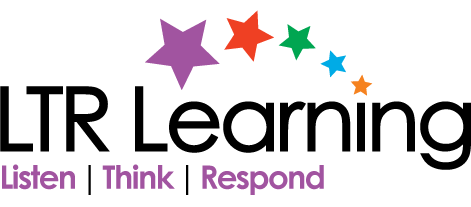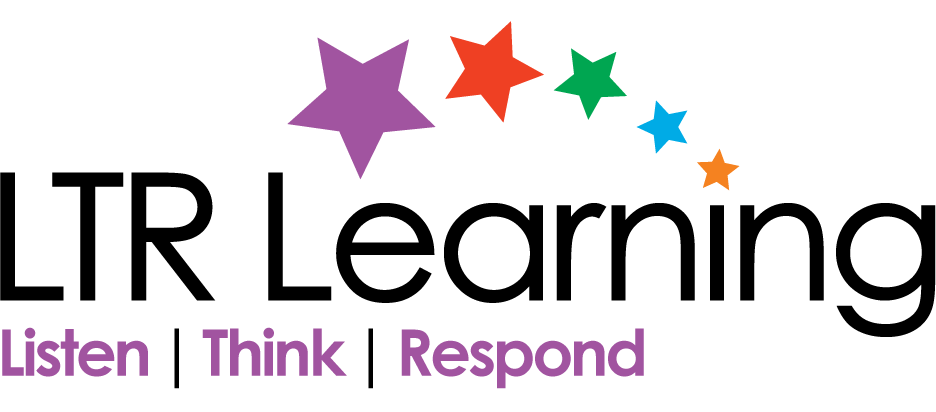I cannot actually believe that there is still a ‘Reading War’ going on! And while the ‘war’ rages on, it is our children, our future, who suffer.
I thought that science had spoken. I thought that it was a globally accepted concept that systematic phonics instruction is the foundation of literacy learning. That is what was reflected in the National Inquiry into the Teaching of Literacy (2005), in Australia. In the United States, the National Reading Panel (2000), presented very similar findings, and in the United Kingdom, The Rose Report (2006) reported similarly.
The ‘Big 5’ of Reading Instruction emerged.
- Phonemic Awareness
- Phonics
- Fluency
- Vocabulary
- Comprehension
When I attended University, twenty- five years ago, I was introduced to the ‘Whole Language’ approach to teaching reading. When I started my first teaching job, in 1993, I taught my students using a phonics- based approach, because learning to read through exposure to a rich body of literature just didn’t make sense, since our spoken language is recorded with a code.
Having said that, there is also a plethora of evidence that exposure to rich language through conversation and shared reading “stimulates optimal patterns of brain development at a critical time in child development, which, in turn, builds language, literacy, and social-emotional skills that last a life time.” (High,P.C. and P. Klass (2014) “Literacy promotion: an essential component of primary pediatric practice”) This seems like common sense to me.
Therefore, the LTR Language and Literacy Program teaches phonological awareness skills (including phonemic awareness, rhyming, syllables, onset and rime), phonics, vocabulary, fluency, comprehension, grammar and writing, within a language, and quality literature- rich environment. Students read texts that they are able to read independently, having been explicitly taught the skills required. They are also involved in listening to texts and reading texts together – texts that may require some support regarding the decoding process, but that will provide opportunities to analyse, think, discuss, grow vocabularies, and learn what quality literature sounds like.
Students are given daily opportunities to think deeply about texts and create their own. They learn that literacy is all about communication. It is about understanding someone else’s viewpoint and being able to express their own effectively. The sooner we can create independence in language and literacy learners, the better for all.
As a teacher responsible for teaching literacy learners to read and write, these ongoing ‘reading wars’ are exasperating! I’m sure as a parent of a child who struggles with literacy, it is equally as infuriating, if not more so. Because we know what is at stake. Those who struggle to learn to read, are not only disadvantaged in terms of accessing the curriculum, but the downward spiral in terms of their self- esteem, social standing and love of learning has devastating effects that are long lasting, and very difficult to counteract.
Professor Maryanne Wolf, in a seminar in August 2017, stated that ‘reading wars’ are an “unnecessary debate. Phonics emphases on explicit decoding principles and phoneme awareness, along with implicit learning from words and texts”, are needed to promote deep reading. She also stated that in the United States of America, the Corrections System prepares for the future by looking at the results of grade three reading assessments. They use these statistics to prepare for the number of criminals they will need to provide for. This is shocking! This is serious!
This is why the so called ‘wars’ must end.
The lyrics from Edwin Starr’s ‘War’ sums it up perfectly. “War. What is it good for? Absolutely nothing!”

